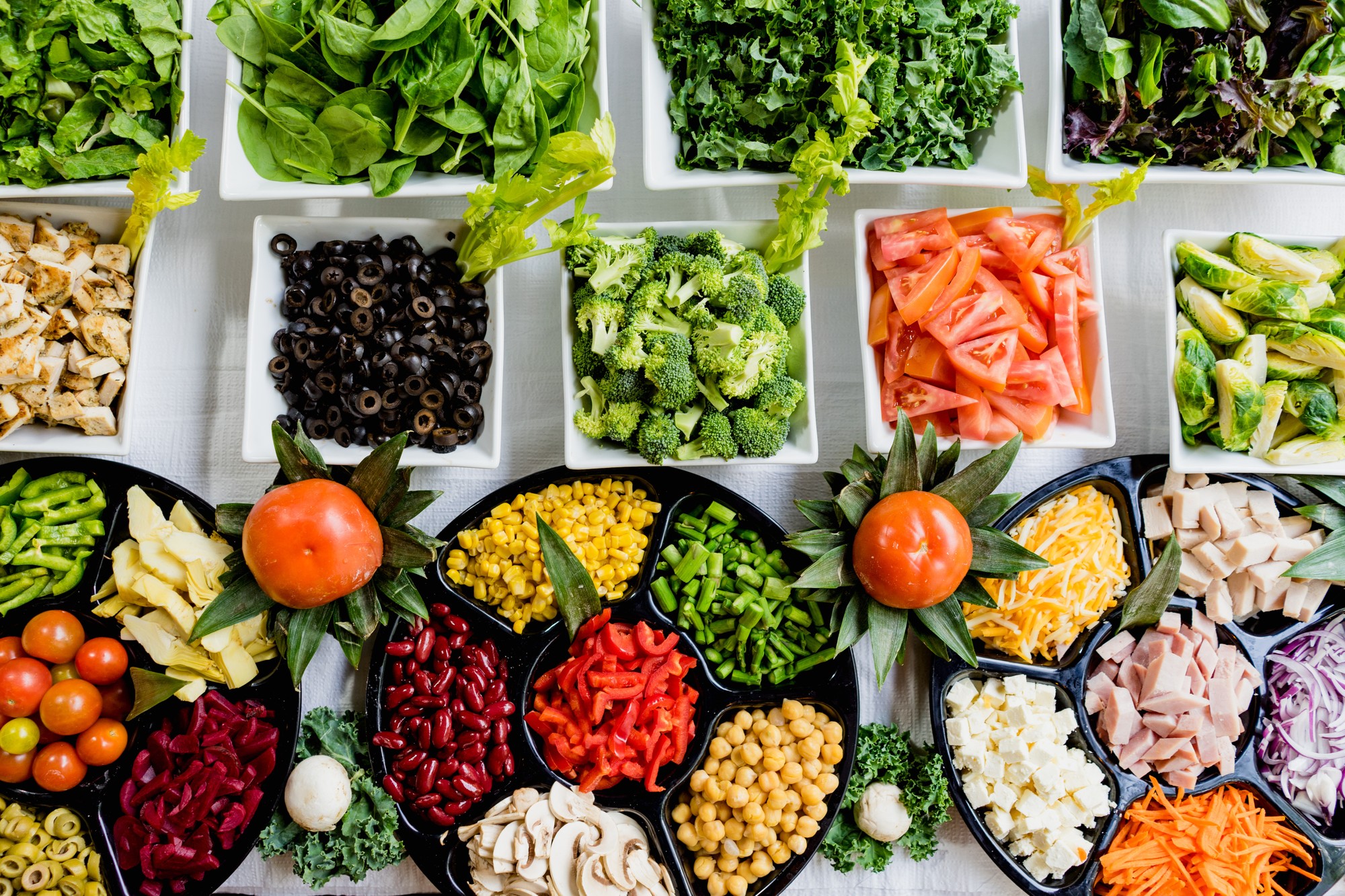Girl Scout cookies have been one of America’s staple sweet treats for several decades. Every year, the organization sells about $700 million in cookies, according to CBS News. Unfortunately, these popular cookies have a negative impact on the environment and on human health. In order to become healthier and more eco-friendly, students should become aware of the ingredients present in Girl Scout cookies.
These cookies contain palm oil, which is harvested from rainforests in Borneo and Sumatra that are destroyed or burned down. This habitat removal has caused trouble for the already endangered orangutan, according to CBS News. Deforestation in these countries has a devastating effect on native biodiversity and causes local conflict over land rights, according to Orangutan Foundation International.
The creation of palm oil plantations has also increased global greenhouse gas emissions. From 2001 to 2009 in Indonesia alone, the production of palm oil has released over 268 million tons of carbon emissions, according to Fix. Students should consider these environmental effects before choosing to purchase Girl Scout cookies.
Not only does palm oil hurt the environment, but it also has the potential to negatively affect one’s health. Palm oil is high in saturated fats, which can cause higher cholesterol and increase one’s risk for heart disease, according to the American Heart Association. Also, the oxidization of palm oil during cooking releases toxins that can hurt the heart, liver, kidney and lungs, according to SF Gate.
Luckily, it is possible to find palm oil-free cookie alternatives at grocery stores from beloved brands like Pepperidge Farm, according to Products Without Palm Oil. While these substitutes may not be exact replacements for Girl Scout cookies, knowing one is not complacent in the harmful palm oil industry makes for a much sweeter reward.
“To be honest, I had no idea [the issue with Girl Scout cookies] was a thing,” senior exercise science major Brittany Haynes said. “As popular as Girl Scout cookies are, I think there needs to be a change in how they are made and where their ingredients originate from, for the sake of the environment and our overall health.”
Fortunately, Girl Scouts’ parent company Kellogg’s has taken steps to find a sustainable source for palm oil, according to Mongabay. The organization has kept its promise, and customers can now find the certification from the Roundtable of Sustainable Palm Oil on the side of every box of Girl Scout cookies. While the RSPO is taking a step in the right direction, they have done little to reduce deforestation worldwide, according to Triple Pundit. This action also does nothing to address the health threats that palm oil poses.
“As sad as it sounds, I do not think Girl Scout cookies should be the only company scrutinized for having palm oil in their foods,” senior English major Bianca Royal said. “I would not be surprised if other companies used palm oil for more than just food products.”
Unfortunately, this is true. Girl Scout cookies are not the only foods that contain palm oil. It is believed that about half of the U.S.’s packaged foods contain palm oil, according to CBS News. From snack foods to preservatives, palm oil has a wider range of uses than most people know about. Palm oil is also found in other non-food items such as biodegradable fuel, soap and cosmetics.
Despite Girl Scout cookies being such a beloved treat, it is important that buyers understand the greater effect they have before purchasing them. By skipping buying Samoas, Thin Mints or the multitude of other snack foods that contain palm oil, students have the opportunity to make a positive impact on their own health and on ecosystem across the world.




